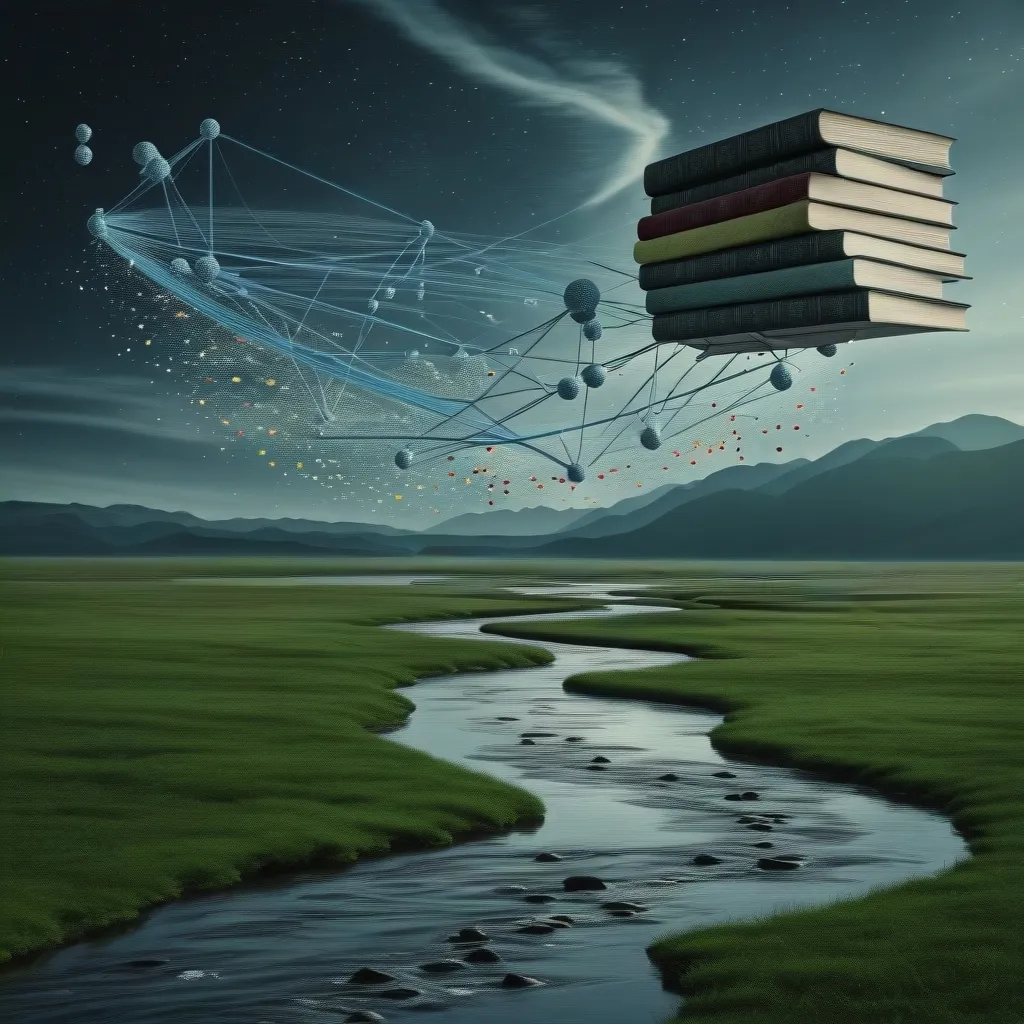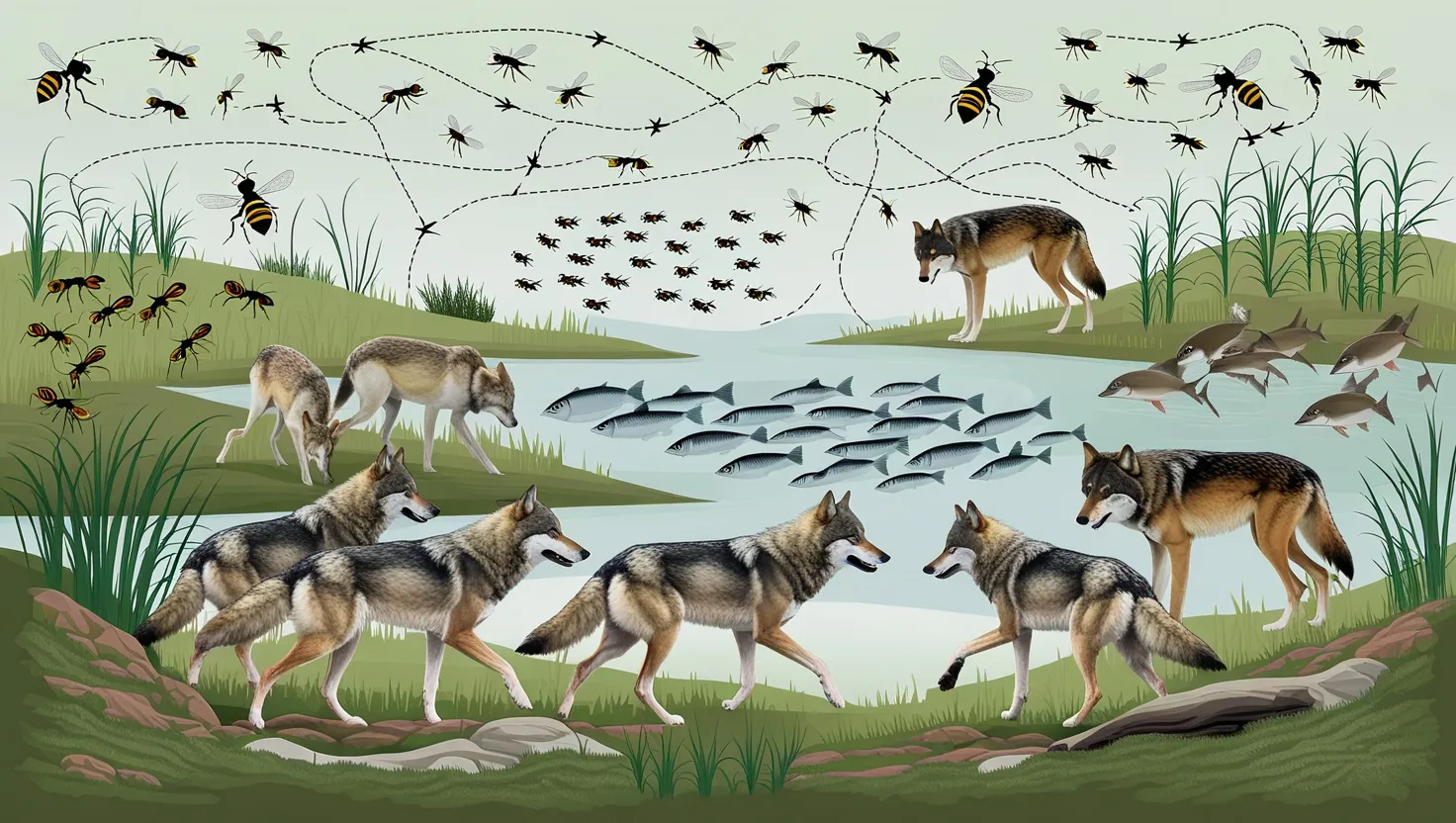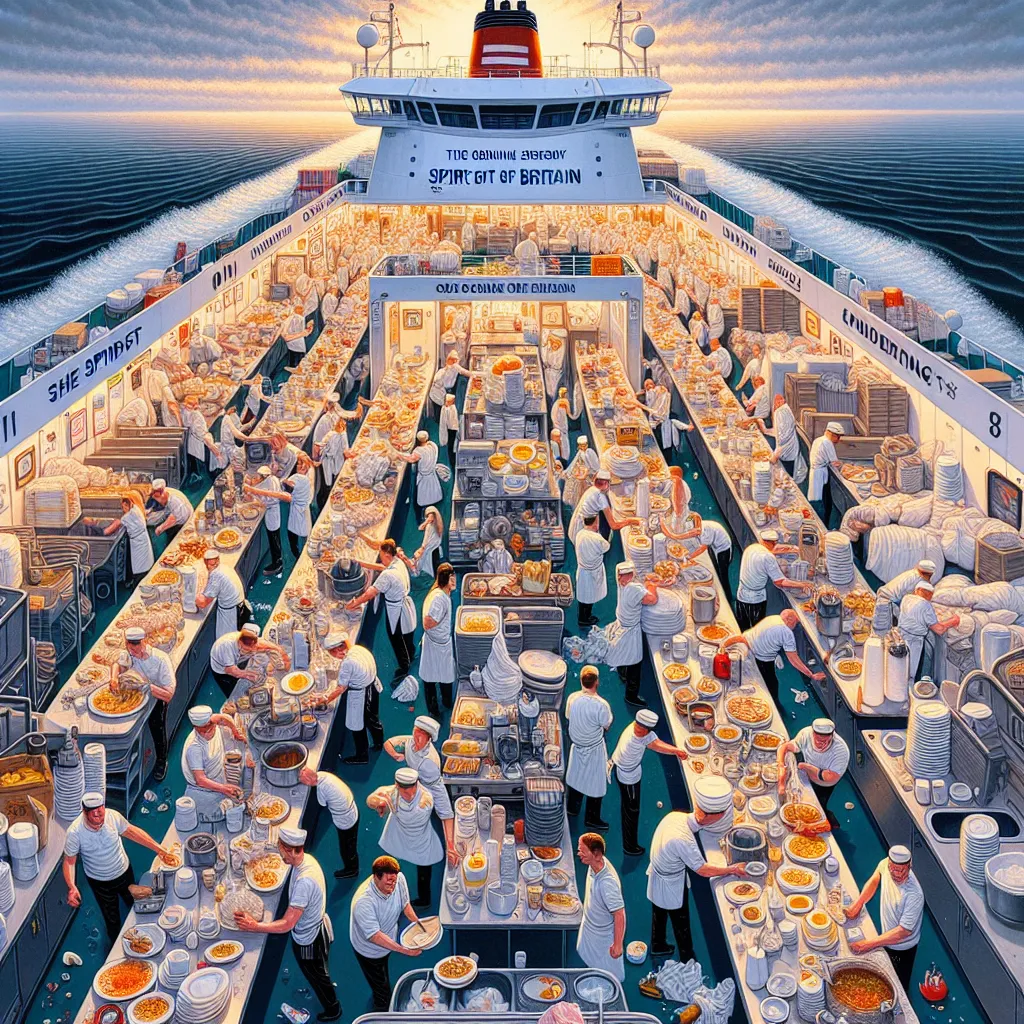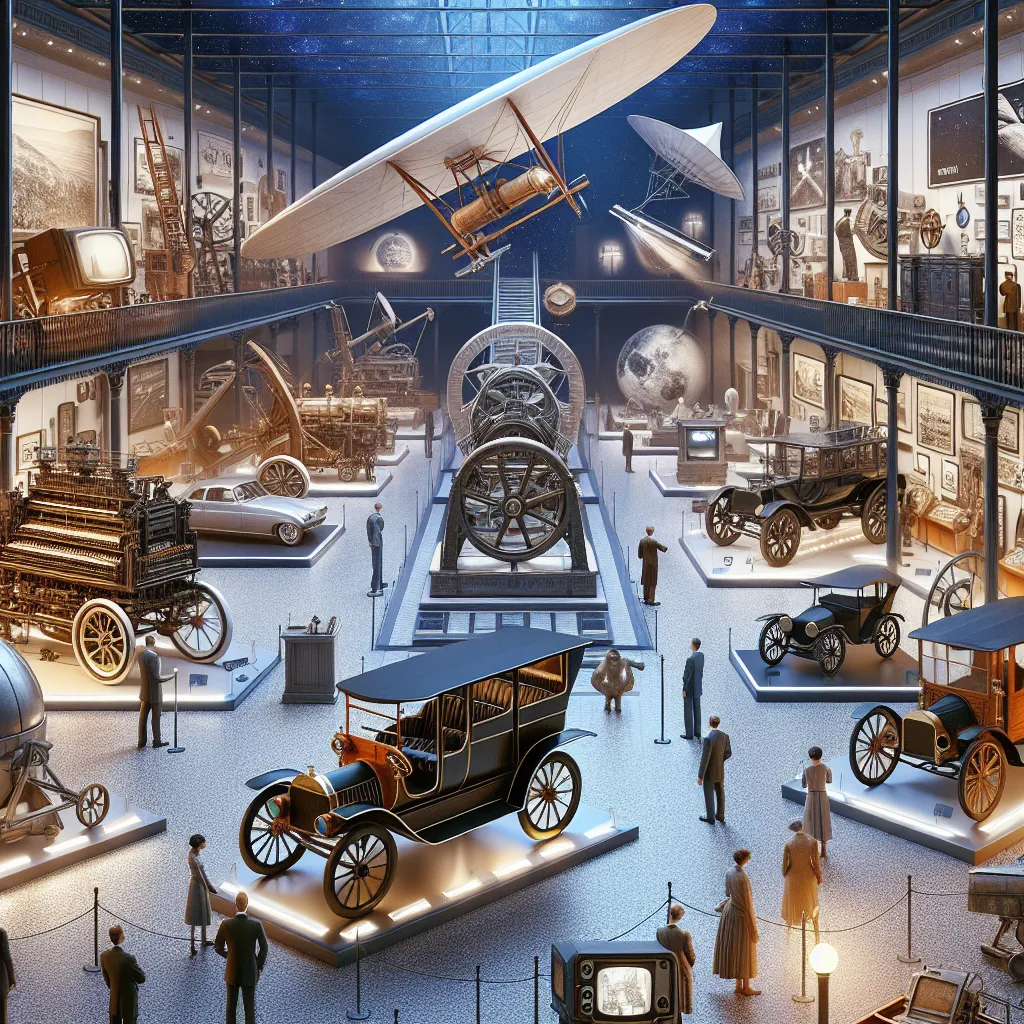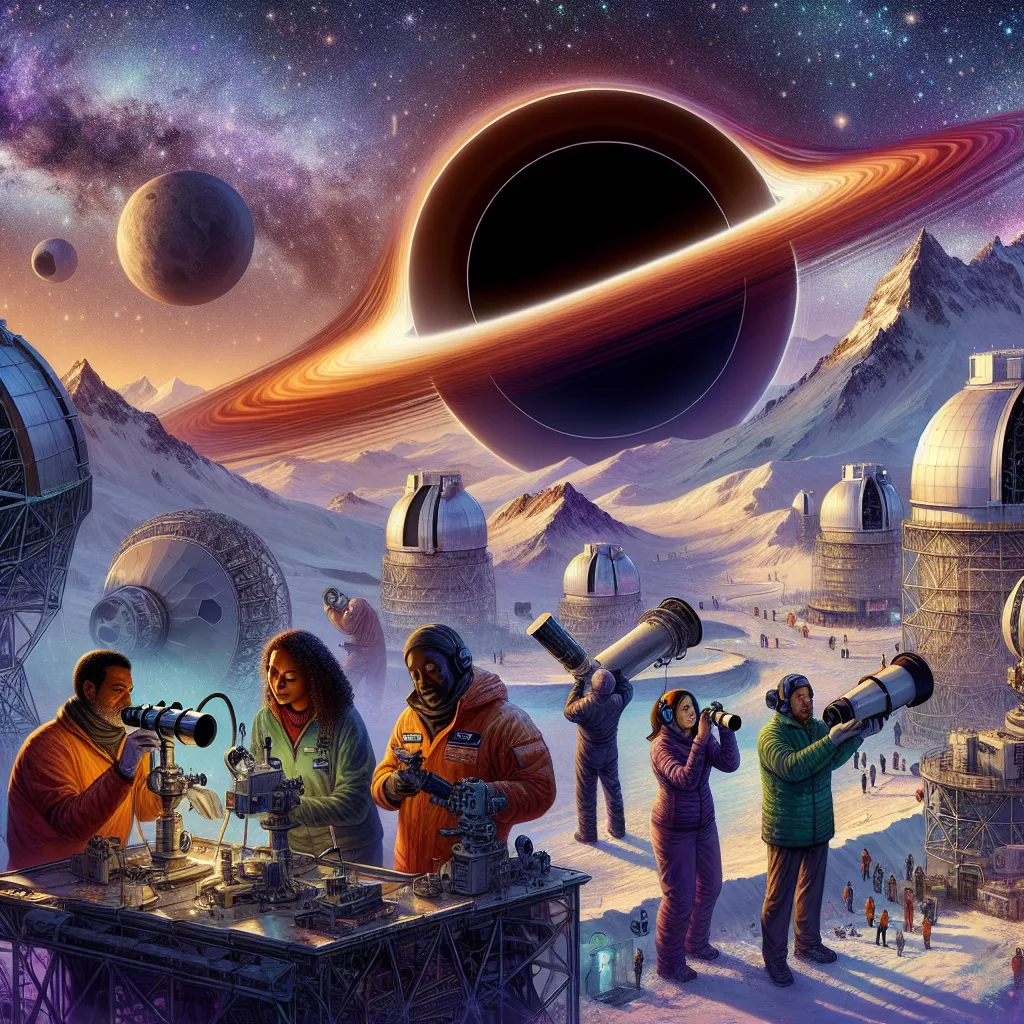Time is a weirdly fascinating concept that most people just don’t think about on a daily basis. It’s something we all take for granted, flipping through our calendars and tapping our watches, without a second thought. But deep within the corridors of physics and philosophy, a grand debate has persisted for centuries: is time a fundamental aspect of our universe, or is it just something we’ve made up to better organize our busy lives? This question unraveling the mystery of time has been simmering in the background for ages, sparking extraordinary discussions that stretch from quantum physics to coffee shop conversations.
Picture time as a serene river, drifting endlessly from the past to the future. This is how many of us imagine it, moving steadily without interruption. But there’s a catch. Some brainy physicists out there have posited that this flow of time might be nothing more than an illusion. They’ve turned to the mind-boggling realm of quantum mechanics to suggest that time could actually be a product of quantum entanglement. You know, that spooky action at a distance where particles are so interconnected that they seem to share a mysterious bond, though they’re light-years apart.
Enter the world of the Page and Wootters mechanism. According to this school of thought, time doesn’t just exist on its own. Instead, it is created when one object locks “hands” with another serving as its clock. Like a cosmic duet, if the particles are entangled, time appears to tick away for the observed system in sync with the clock. However, if these particles were to disengage, time, as we perceive it, hits the pause button. This approach comes as a revolutionary shift, where even the steadfast march of time for macroscopic objects might simply be a grand product of entanglement.
Quantum mechanics plays its own tricky games when it comes to time. This branch of physics, that dives deep into the behaviors of particles, like atoms and subatomic particles, offers a fresh perspective that shakes the very foundations of how time is traditionally viewed. In the quantum realm, time is not a fundamental pillar but more like a handy tool we use to describe changes. You might have heard of the Schrödinger equation, dictating how these quantum entities behave. Interestingly, this equation can be tweaked and can operate based on the tick-tock of a clock state rather than a conventional timeline, hinting further that what we see as time’s flow might just be a dazzling consequence of entanglement.
Switching gears a bit, let’s delve into the block universe theory — a brainchild of Einstein’s general theory of relativity. This theory tosses the notion of time being a flowing river out the window. It sees the universe as a gigantic, four-dimensional block where each moment exists at once, like pages in a giant book, and not turning one by one. In this framework, all moments sit still, existing simultaneously. So, this cherished idea of now becomes just another point in the block, rather than a fleeting, special instance.
Despite these theories, time for us humans feels as real as that morning cup of coffee. We deeply experience its passage; we recall yesterdays with a certain nostalgia and look forward to tomorrows with anticipation. But this subjective encounter with time doesn’t fully agree with the stark physical laws governing the universe. The esteemed physicist Frank Wilczek points out that if science sought to pin down time, it’d be what we measure with our clocks. Yet, this clinical description misses out on the rich tapestry of how we live and experience time.
Our perception of time springs to life, thanks largely to our brains. Memory, consciousness, and a little sprinkle of the brain’s predictive power allow us to travel through time in our minds, stepping boldly into the past and imagining the future. Some thinkers believe that this rich experience of time is actively churned out by the brain’s predictive processes, a far cry from being a passive aftereffect of sensory input.
History bears witness to philosophical duels over the nature of time. Famous dialogues, like the one between Albert Einstein and philosopher Henri Bergson, touch on these debates. Bergson believed that human consciousness plays a vital role in perceiving time’s flow, highlighting its subjective essence, whereas Einstein rooted for a more objective, science-driven notion of time.
Marrying both physical and psychological aspects of time? Now that’s a tough nut to crack. Some argue that time might naturally spring from the architecture of spacetime or that gravity might just gracefully usher in the arrow of time. Yet, translating these highbrow theories into physical tests remains a bumpy road. Indeed, while the math behind the emergence of time from quantum entanglement is rock solid, as physicist Vlatko Vedral notes, whether it leads to groundbreaking discoveries is still up in the air.
Peering into the future of time research is like trying to solve a quirky puzzle. As researchers attempt to tie together disparate theories of the universe with the elusive fabric of time, they confront long-standing contradictions. The “problem of time” poses as the tantalizing challenge in forming a unified theory of everything. Perhaps diving into the depths of quantum physics and ascending to the realms of classical physics will someday unlock a more elementary grasp of time.
Reflection on time can indeed become a profound, personal journey. Consider Frank Wilczek, marking both his scientific and personal milestones, reflecting on his life’s journey through time’s lens. Personal experiences like these vividly capture the interplay between our subjective take on time and the science-endorsed notion. It’s in this intricate web of interactions that time shows its fascinating dual nature.
Time straddles a fascinating divide, appearing almost like an illusion yet playing a pivotal role in our everyday lives. While physicists continue probing the mysteries of quantum worlds and the fluid dance of spacetime, the quest delves deeper into understanding time, promising to one day shake our widespread assumptions. Meanwhile, the debate over time’s nature stands as a rich source of intellectual delight, expanding our horizons about the universe and about us as time-bound beings. Whether it’s a lively stream, a static block, or a mysterious enigma still unexplained, time weaves itself into the essence of our existence, shaping our perceptions and experiences in poetic, mysterious ways.
